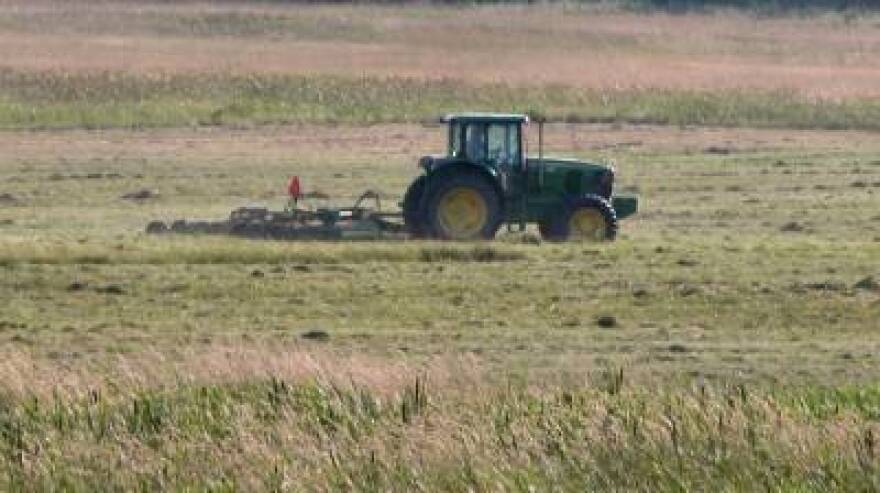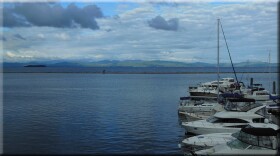Vermont agricultural officials are asking state legislators for permission to delay implementation of new water quality standards.
The Vermont Clean Water Act, signed into law in June 2015, requires the Agency of Agriculture to update Accepted Agricultural Practices to more stringent Required Agricultural Practices. The goal is to reduce phosphorus pollution flowing from farms into the state’s waterways. Act 64 requires that the new rules be finalized before July 1st.
The Agency of Agriculture released the first draft rules in October followed by a two-month comment period. Senior Agriculture Development Coordinator Ryan Patch explains that a rewritten second draft was released in February followed by more public input. “And they have raised a number of areas where additional review and revision need to be considered. We thought the revisions would get it mostly right but we have heard that there are some areas where we may need to make some changes.”
Because of the number, complexity and timing of changes, Patch says the agency is asking the legislature to extend the implementation date from July 1st to September 15th. “With the original promulgation date of July 1st the planting season would have been finished at that point and we would’ve well into the cropping and close to harvesting season for a number of crops. And a number of the provisions in the RAP’s (Required Agricultural Practices) likely would not have been able to be implemented until the fall of 2016 or more likely the spring of 2017 as it relates to for example wider buffers on farms. So certainly the timing of the original rule date in the middle of the summer posed a challenge for implementation of the rules and likely a number of these provisions might not have gone into effect until the following spring anyway.”
Rural Vermont Executive Director Andrea Stander agrees that implementation of the Required Agricultural Standards should be delayed. But she would prefer implementation be delayed to January. “Preliminary public process and all of those comments have raised a lot of issues, many of which have not been resolved in the second draft. And many more farmers have gotten engaged and are offering comment on the second draft. This is the biggest change in agricultural policy in Vermont in over a decade. And it addresses, or purports to address, a really critical problem that we have in the state. So we feel we need to get it right.”
The Conservation Law Foundation’s Lake Champlain LakeKeeper is disappointed that there is a request to delay implementation of the water quality rules. Rebekah Weber says if allowed, the Required Agricultural Practices must be made even more stringent. “This is just one step in a series of commitments that the state has made to clean up Lake Champlain. And every delay pushes back our eventual goal of having clean water that much further. And so there really is a real harm. And the Required Agricultural Practices will be applied across the state so it’s really going to be a huge impact on all of Vermont’s waterways. You know, just in the Lake Champlain watershed agriculture contributes roughly 40 percent of the phosphorus load to Lake Champlain and so having rules in place that help alleviate the water quality concerns coming from farms is huge towards reaching those clean water goals.”
The Agency of Agriculture expects a response from Montpelier any day.







